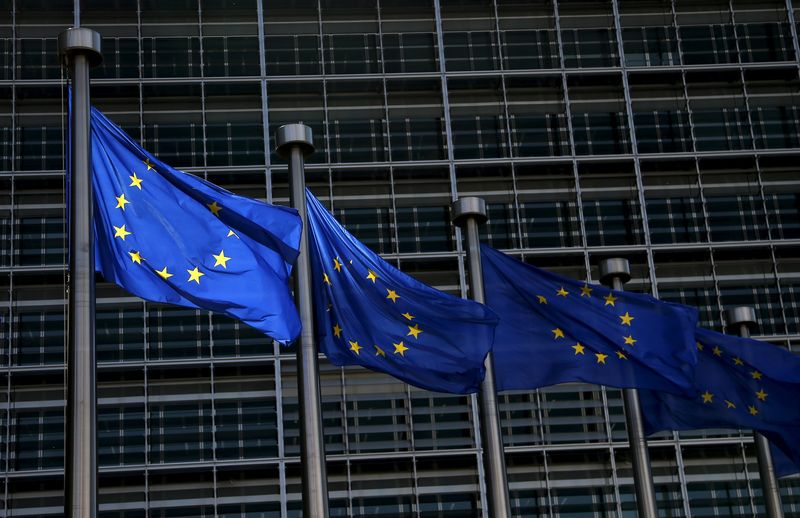By Francesco Guarascio
BRUSSELS (Reuters) - Anti-fraud investigators recommended last year that the European Union try to claw back 900 million euros (1 billion pounds) lost from the EU budget because of suspected fraud, more than double the previous year's amount, officials said on Tuesday.
The European Anti-Fraud Office (OLAF), which investigates fraudulent use of EU funds and wrongdoing within EU institutions, said it had received 1,417 allegations of fraud last year, a record number.
Fraud allegations are politically sensitive at a time when national governments are under pressure from Eurosceptic parties denouncing waste in Brussels. The EU has agreed a budget of 960 billion euros for the period 2014-2020.
Only 206.5 million euros were actually recovered in 2014, OLAF said in its annual report, but there is often a lag of several years between recommendations and money being repaid.
On average, only one third of OLAF recommendations translate into real recoveries by national authorities.
Last year's figures are not necessarily a sign of more widespread corruption, but reflect increased awareness of fraud among EU citizens and OLAF's higher visibility, Director-General Giovanni Kessler told a news conference.
EU Health Commissioner John Dalli resigned in 2012 after an OLAF investigation showed that an associate of his had asked a Swedish tobacco company for money in return for changes to EU legislation.
If it finds evidence of abuse, OLAF recommends that the European Commission, other EU agencies or national authorities seek to recover funds suspected of being misspent or snatched from the EU budget through customs frauds.
Over the last seven years only 53 per cent of OLAF recommendations resulted in actual indictments in member states.
"This ratio of indictment is not satisfactory and needs to be improved," Kessler said.
Most OLAF recommendations in 2014 concerned the misuse of EU structural funds -- aid distributed to poorer regions and countries in the 28-member EU.
Trade frauds account for about 15 per cent of the losses suffered by the EU budget in 2014.
A common fraud is the avoidance of duty payments through imports recorded as coming from countries different from the true origin.
OLAF is investigating producers and importers of Chinese solar panels on suspicion that they are evading import duties designed to ensure a fair market, a source familiar with the study said last month.

($1 = 0.8989 euros)